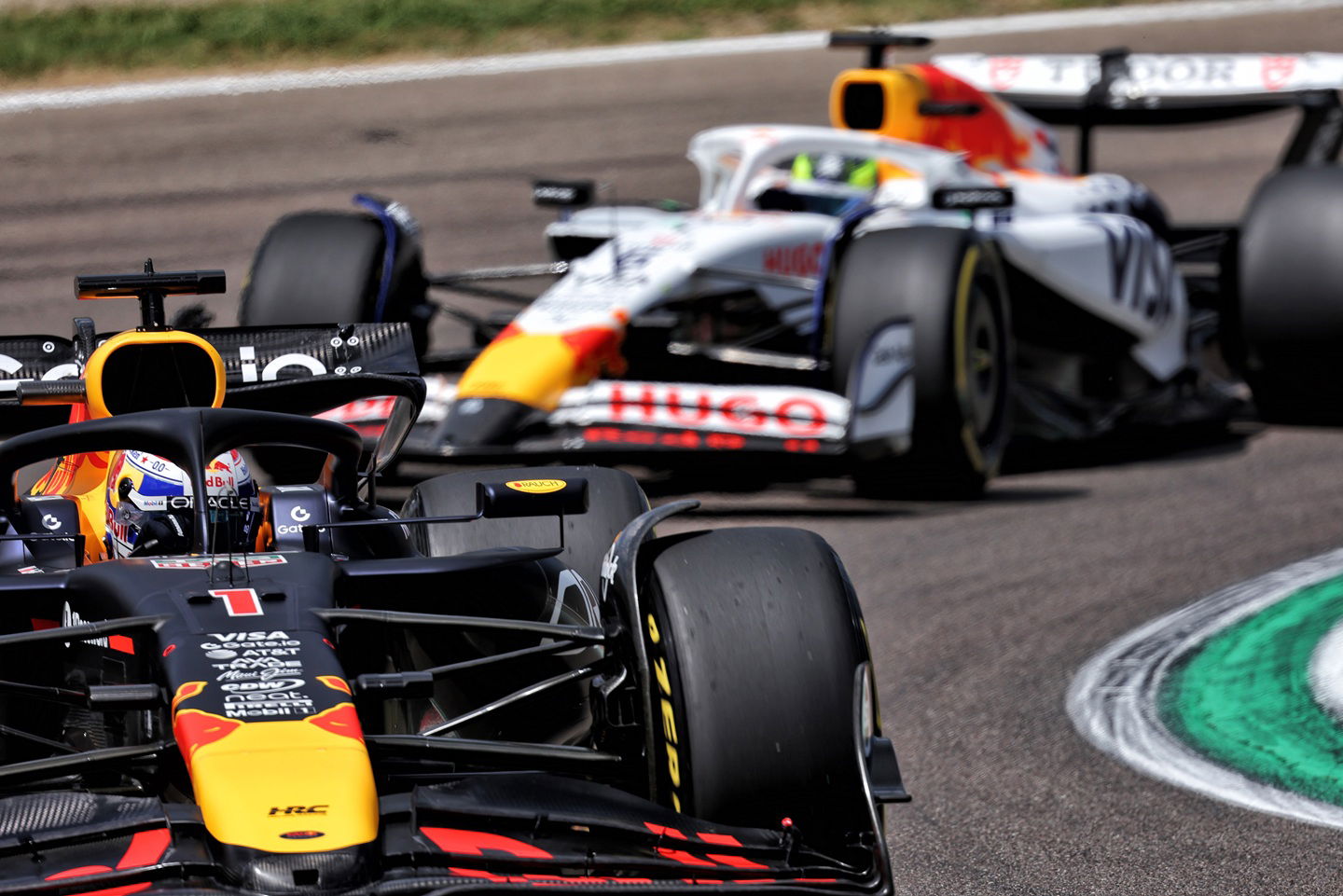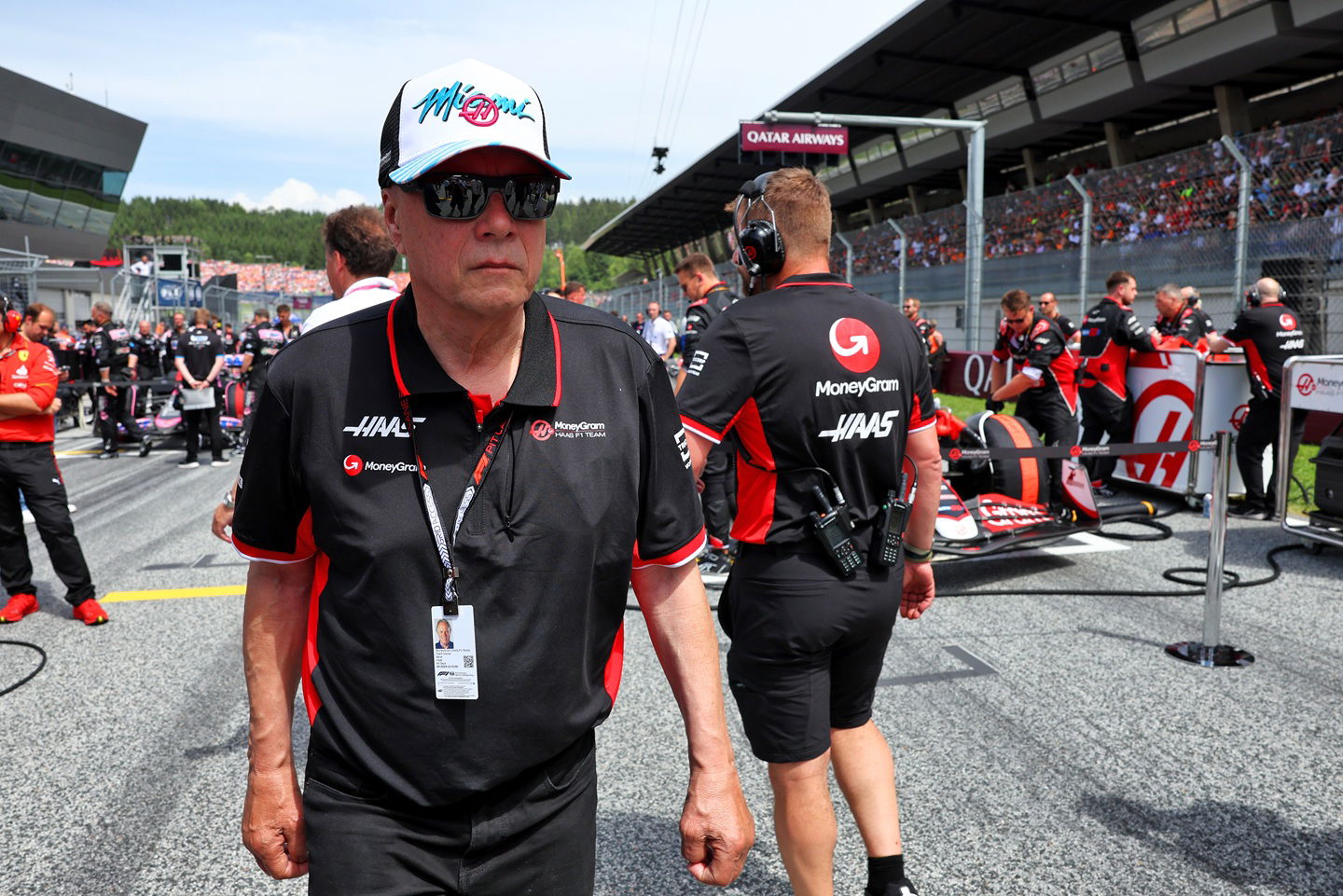Bernie Ecclestone points out Red Bull's key reason for sacking Christian Horner
Bernie Ecclestone gives his views on Red Bull’s current situation a month after Christian Horner’s departure.

Bernie Ecclestone has pointed out the top reason that Christian Horner was sacked by Red Bull.
Horner lost his job as Red Bull’s team principal and CEO after the British Grand Prix last month, with the Briton subsequently being removed as the director of the company housing the outfit earlier this week.
Although Horner had a long-term contract with Red Bull granted by the company’s co-founder Dietrich Mateschitz, his place in the team had been on shaky grounds ever since he got involved in a high-profile sexting scandal at the start of 2024.
While Horner was cleared of any wrongdoing in an investigation, it is understood that the top management at the energy drinks giant was getting wary about the amount of power he wielded over its F1 operations.
Former F1 boss Ecclestone, a close confidante of Horner, suggested that the company’s management was simply at odds with the Briton.
He also pointed out that Red Bull had no clear succession plan in Milton Keynes and was forced to promote Laurent Mekies from sister team Racing Bulls to replace him.
“It was a bit like a marriage that ended in a divorce,” the 94-year-old told F1 Destinations.
“After Didi Mateschitz’s [Red Bull founder’s] death, people inside Red Bull had ideas about the leadership and direction of the team that did not favour Christian.
“He did a very good job, but he was viewed, just like Max Verstappen, as someone that did not have a proper number two.
“It is hard to criticise someone who is winning races and championships, but there was no plan B in case something went wrong with either Christian or Max.”
Bernie Ecclestone had a similar problem to Red Bull's
Red Bull has become heavily dependent on Verstappen, who has won the last four world titles in a period of dominance reminiscent of Sebastian Vettel’s early 2010s run with the team.
However, it has failed to find a capable driver to partner with the Dutchman for several years, prompting many to describe it as a ‘one-driver team’.
Ecclestone said he faced a similar dilemma during his time running Brabham in the 1980s, when Nelson Piquet was winning championships but others such as Ricardo Zunino, Hector Rebaque and even Riccardo Patrese struggled to make much of an impact in the same car.
Piquet won the drivers’ title in both 1981 and ‘83, but Brabham came home empty in the constructors' fight on both occasions.
“That’s the trouble when the boss falls in love with one of his drivers,” he said. “This can cause problems. It is good to have two more or less equal drivers like McLaren has today.
“It works if you can deliver the exact same machinery for both drivers. When I brought Riccardo Patrese into the team [in 1982], I told him that we had three cars [one for each driver plus a reserve car] and he should choose which one he would like to drive. Then there would be no complaints.”


